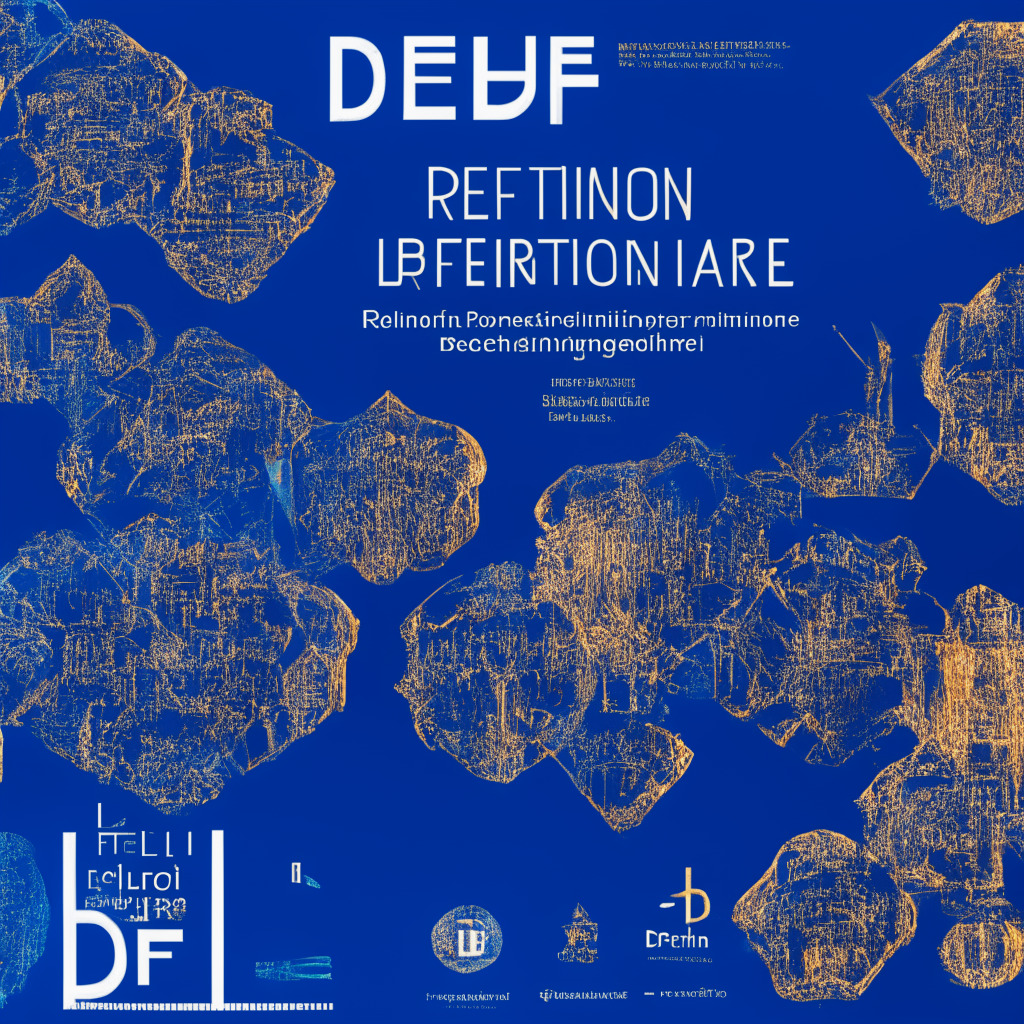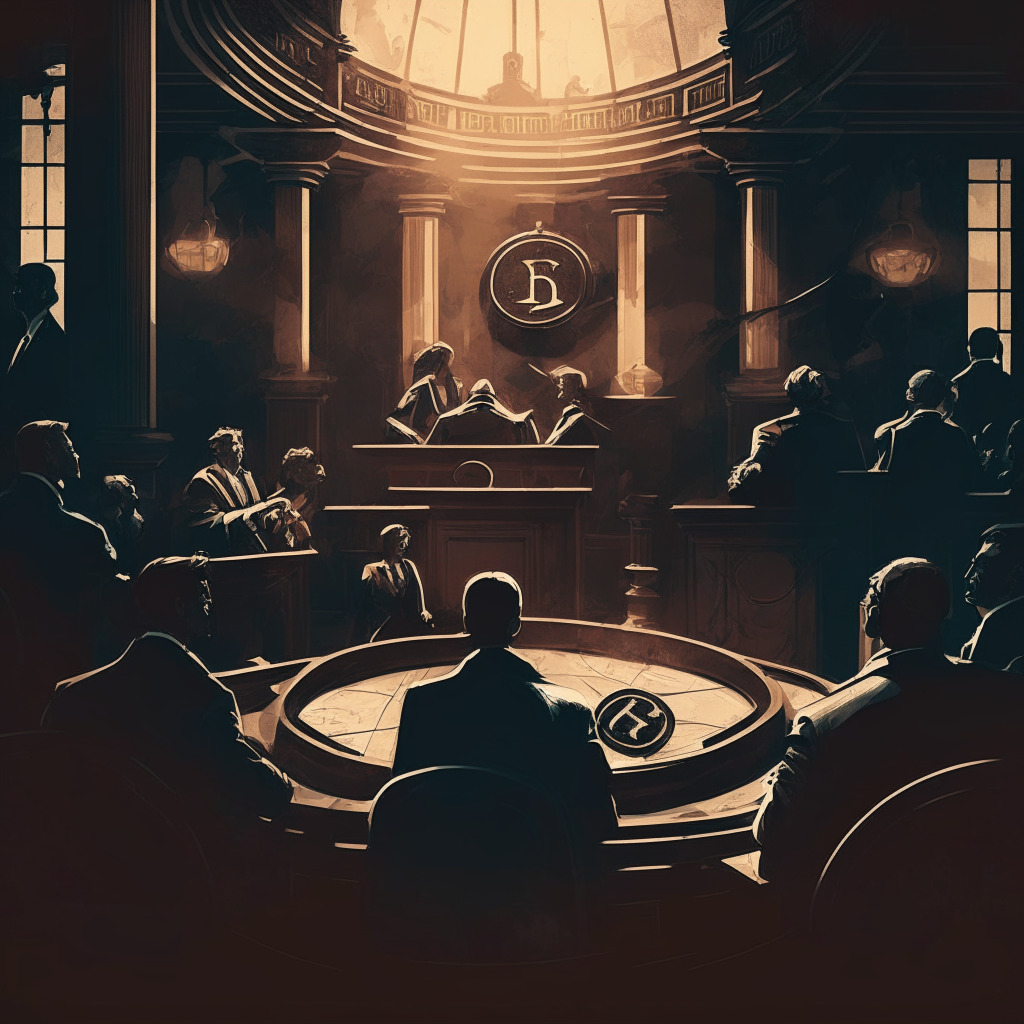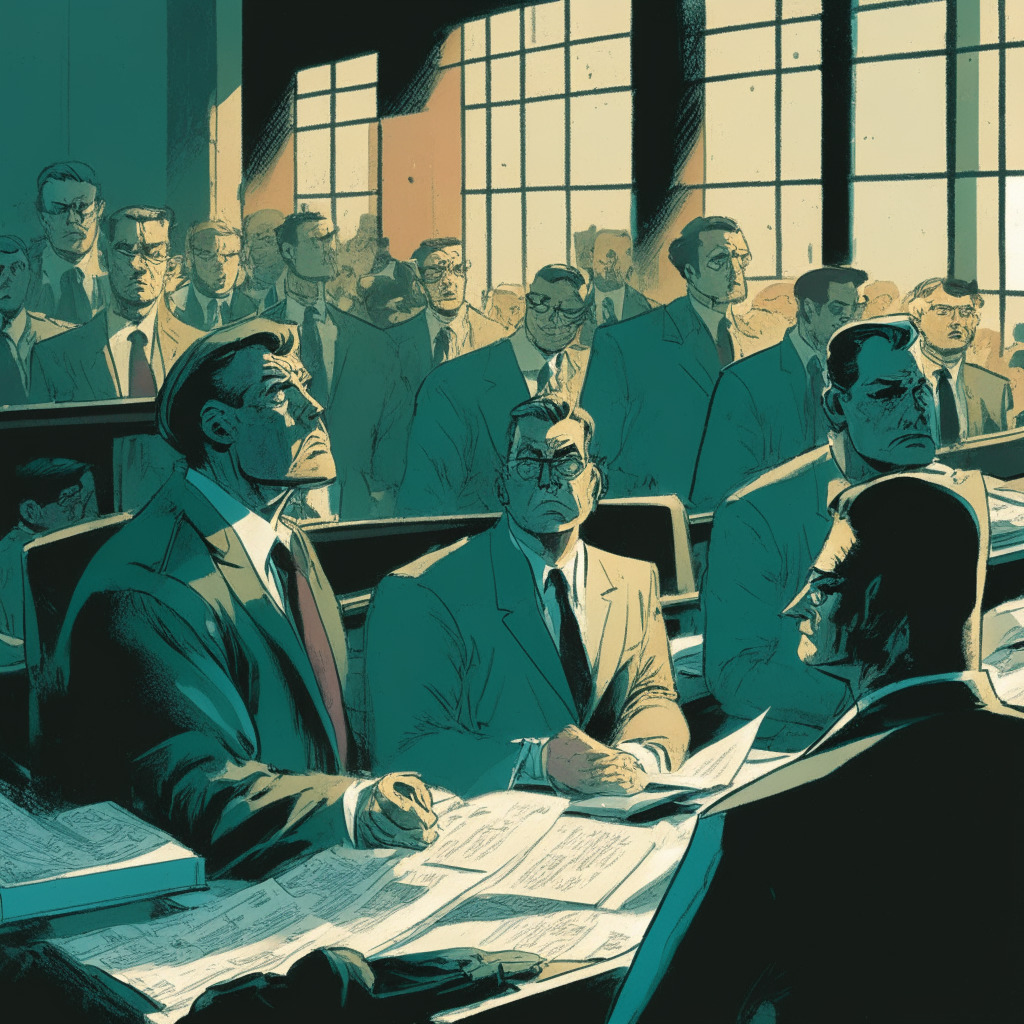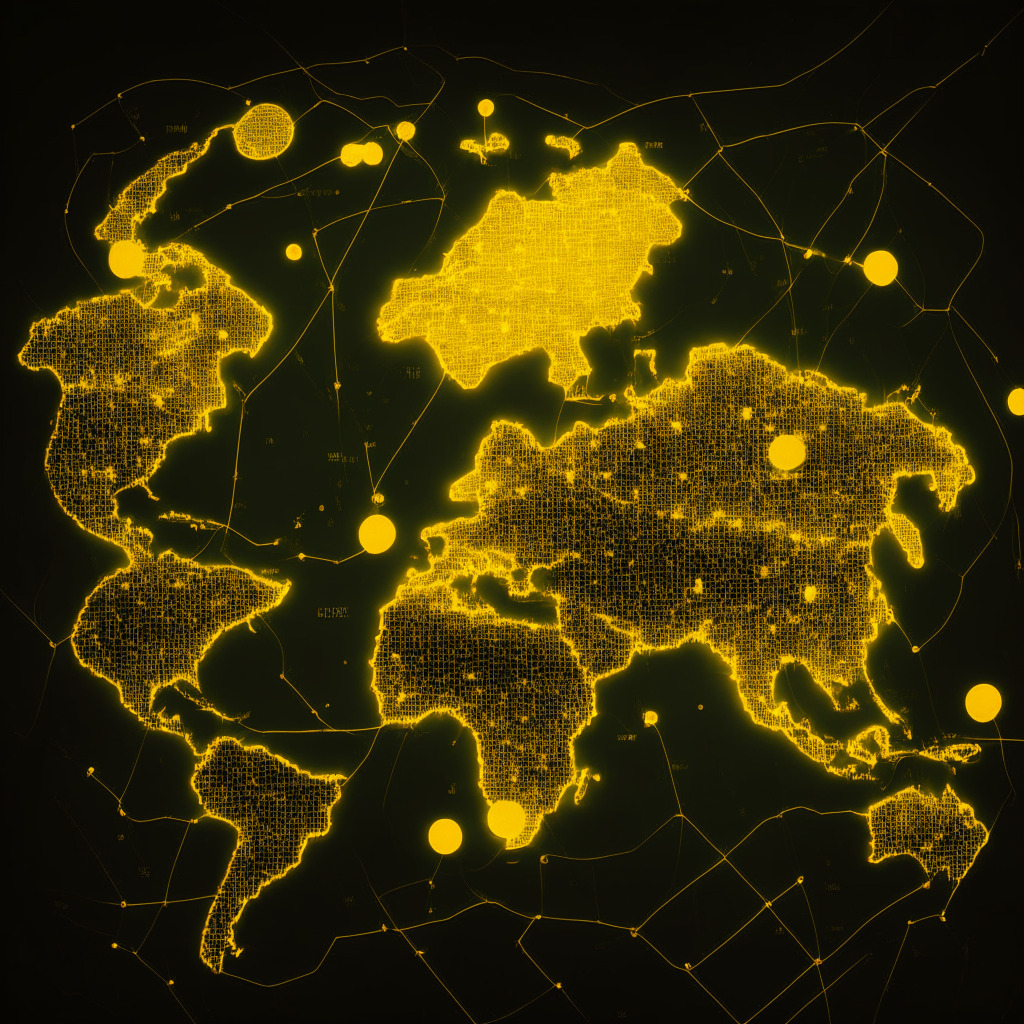The future of decentralized finance (DeFi) has caught the attention of France’s top markets regulator, the Autorité des Marchés Financiers (AMF), which recently published a discussion paper voicing support for a globally coordinated approach to DeFi regulation. The AMF is responsible for issuing licenses to crypto exchanges operating in the country, and its discussion paper delves into the regulatory issues surrounding DeFi protocols, decentralized autonomous organizations (DAOs), and automated “smart contracts.”
In the paper, the AMF emphasizes the need for consistency and uniformity in DeFi regulations across borders, arguing that such global coordination aims to “protect investors and foster innovation.” Given the complex, cross-border nature of DeFi activities, it seems evident that a harmonized approach is necessary. However, the practical challenges of categorizing and regulating participants in DeFi present significant obstacles.
While centralized crypto exchanges have seen increased regulation, DeFi protocols continue to pose a challenge for supervisory bodies, as there is no specific entity to target for compliance. Addressing these challenges may prove “complicated,” as acknowledged by AMF Secretary General Benoit de Juvigny in a meeting back in May. Nevertheless, he highlighted the importance of the discussion paper as a contribution to the European Union’s policy development on DeFi.
Global standard-setters are also attracted to the possibilities and challenges surrounding DeFi; the Financial Stability Board (FSB) is among those aiming to establish standards for the sector. A working group for international securities regulator IOSCO is expected to publish recommendations by the end of the year. The AMF is fully supportive of these initiatives, expressing its intent to “increase its engagement with stakeholders, both public and private” to foster the development of a balanced regulatory framework for DeFi in the long term.
As part of the ongoing conversation on DeFi regulations, the AMF invites industry stakeholders to contribute to the proposed discussion points until September 30th. If successful, efforts to develop and adopt a global, coordinated approach to DeFi regulation could potentially shape the future of the industry, ensuring a level playing field for all participants while ushering in a new era of innovation and investor protection.
However, striking a balance between promoting growth and innovation in the DeFi sector while ensuring adequate investor safeguards may prove difficult. As regulators and industry players work together to navigate this uncharted territory, it will be crucial to maintain an open and collaborative dialogue. Will a globally coordinated approach to DeFi regulation become a reality, or will the complexities of the ecosystem’s structure hinder progress? Only time will tell.
Source: Coindesk




